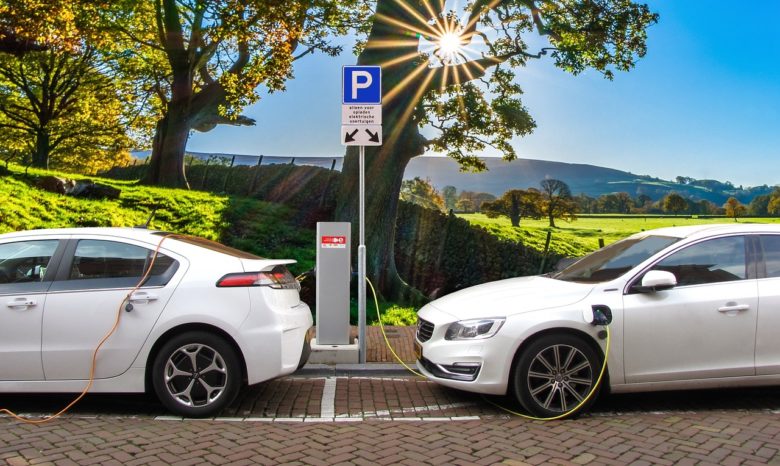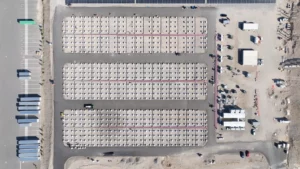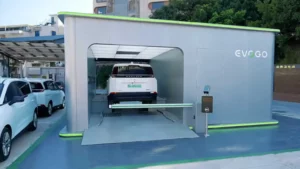E-Cars Are More Environmentally Friendly Than Expected. But They Are Not Perfect Yet.

Scientists of the Munich Research Center for Energy Economics (FfE) have turned to the public and they require more objectivity when it comes to the assessment of e-cars. In a new study , they predict how eco-friendly e-cars are compared to vehicles with diesel or gasoline engines.
This review summarizes existing research results and it comes to interesting conclusions. For instance, it takes a car with an internal combustion engine eight years on the road to leave the same negative footprint on the environment as the battery production for a Tesla Model S.
Shorter payback period than anticipated
The new study from Munich now wants to clean up with prejudice against electric cars. According to the calculations of the Munich research center, an electric vehicle with a battery capacity of 30 kWh, when charged with the German power mix, performs better from emission point of view for rides longer than 50,000 km. For an average annual mileage of approximately 14,000 km, the calculated distance corresponds to a payback period of 3.6 years. This is reduced to just under 2.8 years for the EU electricity mix and to 1.6 years for photovoltaic electricity.
“It is undisputed that an electrically powered vehicle already has a significantly better efficiency than a vehicle with an internal combustion engine,” says FfE. The energy required for the production of an electric car, however, would reduce this advantage, especially the production of the battery currently. “But on the one hand there is still considerable potential for reducing the production of car batteries, and on the other ESF (with battery or fuel cell) is currently the only noteworthy and indispensable alternative for integrating renewable energy in the transport sector”, the study makers continued.
Circular economy brings further improvements
The tricky part of calculating the eco friendliness assessment of an electric car is the battery. Because this consists of raw materials such as cobalt and lithium, which must be disposed in their countries of origin. The disposal of the batteries is important for the bill. “For the production of battery cells and systems on an industrial scale, a reduction in electricity demand and hence an improvement in the carbon footprint can be expected in the future,” says FfE. “Key factors are now the increased research and development of vehicle batteries, the charging infrastructure and in the operational management of vehicles.”
The researchers see great potential in the so-called circular economy. Recycling and “second-life” approaches could lead to a significant reduction in the demand for primary lithium and cobalt.





























